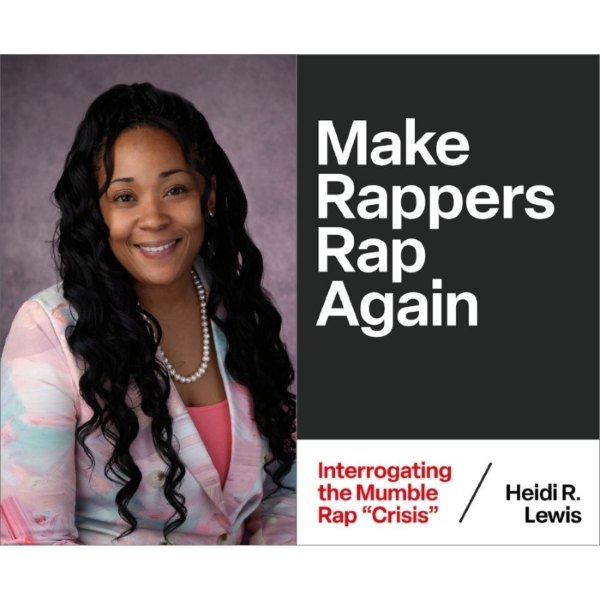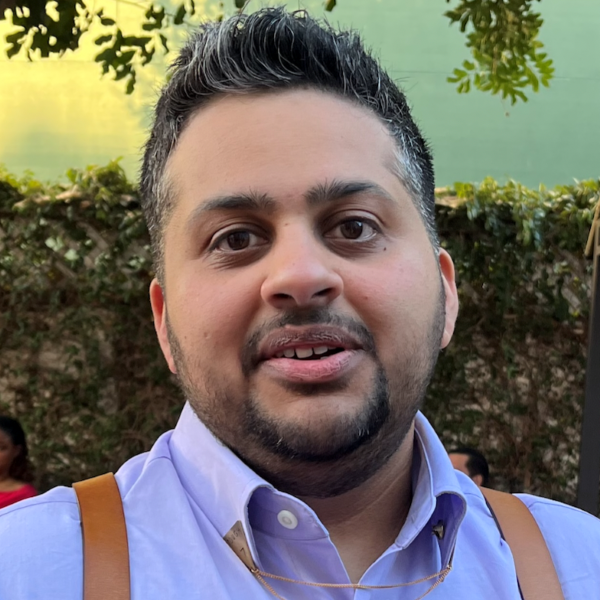Introduction

MISSION STATEMENT
The Feminist & Gender Studies Department fosters inquiry into structures and modes of power as they are mediated by gender, sexuality, race and ethnicity, class, caste, nation and citizenship, age, and ability. Through teaching, scholarship, and service, we study and develop critical interdisciplinary and feminist theories and practices in collaboration with artists, activists, and scholars at Colorado College and beyond.
VISION STATEMENT
The Feminist & Gender Studies Department aims to embody a feminist ethos of critical engagement and responsiveness that is attentive to shifting relations of power; to be an intellectual, political, and creative space for the pursuit of exemplary collaborative initiatives locally, regionally, nationally, and transnationally; and to remain conversant with myriad intellectual legacies while reimagining the possibilities of feminist knowledge and practice.
Feminist and Gender Studies is a Department Now!
What this means to us:
"As someone who had the honor of receiving my PhD in “Feminist Studies” from one of the relatively few PhD granting departments of “Gender, Women’s, and Sexuality Studies” in the US, moving from job to job at under-supported and institutionally marginalized FGS/GWS/WGS “Programs” within small liberal arts colleges (SLACs), with one or less (!) dedicated tenure-track professor lines, was severely demoralizing and marked by precarity. Not unlike other subjugated fields of knowledge such as African American Studies, Chicanx Studies, Asian Studies, and more, FGS as a field was typically housed in Programs that depended, as many still do, on the volunteer labor of professors from other disciplines and departments that are regarded as more institutionally legitimate. That is, until I arrived at Colorado College’s Feminist and Gender Studies Program. Here, I have had the privilege of working with experts in my own field! Of being the third, and not the only, and getting to collaborate with and build on ___, rather than only ever enduring the scarcity and vulnerability of being the first to ___. For me, FGS’ change of name from Program to Department symbolizes the tremendously hard won transformations brought about by the tireless work, brilliant thinking, and ethical visioning of my two women of color colleagues, Dr. Heidi R. Lewis and Dr. Nadia Guessous, to bring FGS into its own even before my arrival at CC. Over the years, we have built something robust and beautiful together, and this change to Department is an opportunity for us to take a moment and accept our flowers."
Dr. Rushaan Kumar
"Our most recent external review (conducted during the 2021-22 AY) strongly encouraged us to rethink our longstanding agnosticism about becoming a department for significant reasons we had not considered, such as the recruitment and retention of prospective hires. We eventually agreed departmental status would allow us to gain or increase internal and external credibility and legitimacy."
Dr. Heidi R. Lewis
“At one level, one could argue that Feminist and Gender Studies becoming a department is a non-event. At the same time, one could also argue that it is a significant event. Here, I would like to suggest that in a true Feminist and Gender Studies tradition of refusing binary and teleological ways of thinking, it is both. What do I mean by this? Well, on the one hand, this shift in status has not been accompanied by any structural changes in our governance, budget, staffing, offerings, or requirements. Our new status has not come with any additional privileges or capabilities that we did not previously have, nor is it likely to change our day-to-day life at the college. We also did not have to fight for this change but instead just asked for it. In that sense, one could describe FGS becoming a department as merely a name change, a shift in institutional categorization, or an overdue recognition of something that was already there. Yet at the same time, given that the history of Feminist and Gender Studies as a field has been characterized by institutionalized marginalization, a refusal or reluctance to recognize the academic value of the knowledge we produce, the pedagogies we use, and the courses we teach, becoming a department can be seen as a significant event in our history. With both of these interpretations in mind, I would suggest that it is important for us in FGS to mark this moment, to name it, celebrate it, and be proud of it, while at the same time remembering that we come from an intellectual tradition that values the epistemological and liberatory potentialities of the margins and is skeptical towards the promise of recognition. Put differently, I would say that while we should embrace becoming a department, we should also remember that we have not always been one.”
Dr. Nadia Guessous
Contact
Mailing Address
Feminist and Gender Studies Department
Colorado College
14 East Cache la Poudre Street
Colorado Springs, CO 80903
Physical Address
Interdisciplinary House
1115 North Cascade Street
Colorado Springs, CO 80903
News
Congratulations to Dr. Heidi R. Lewis on the Publication of Her New Book, Make Rappers Rap Again: Interrogating the Mumble Rap “Crisis”
Read More
Dr. Rushaan Kumar Receives 2025 CC Alumni Association Gresham Riley Award
Read More
Ryan McLauchlan ’21 (FGS and Neuroscience Double Major) to begin a PhD in Clinical Psychology at Seattle Pacific University
Read More
Lucia Daranyi ’24 (FGS Major and Environmental Studies Minor) recently hired as the new Assistant Director at Apogee Adventures
Read More
